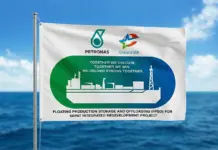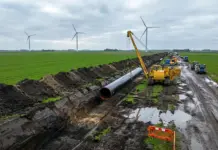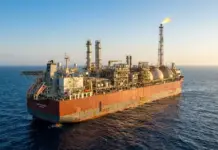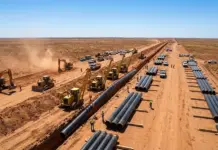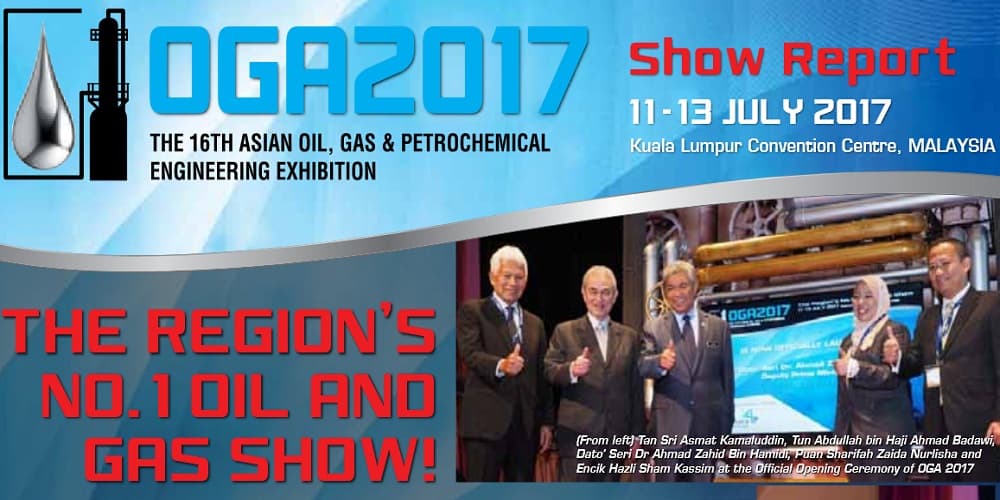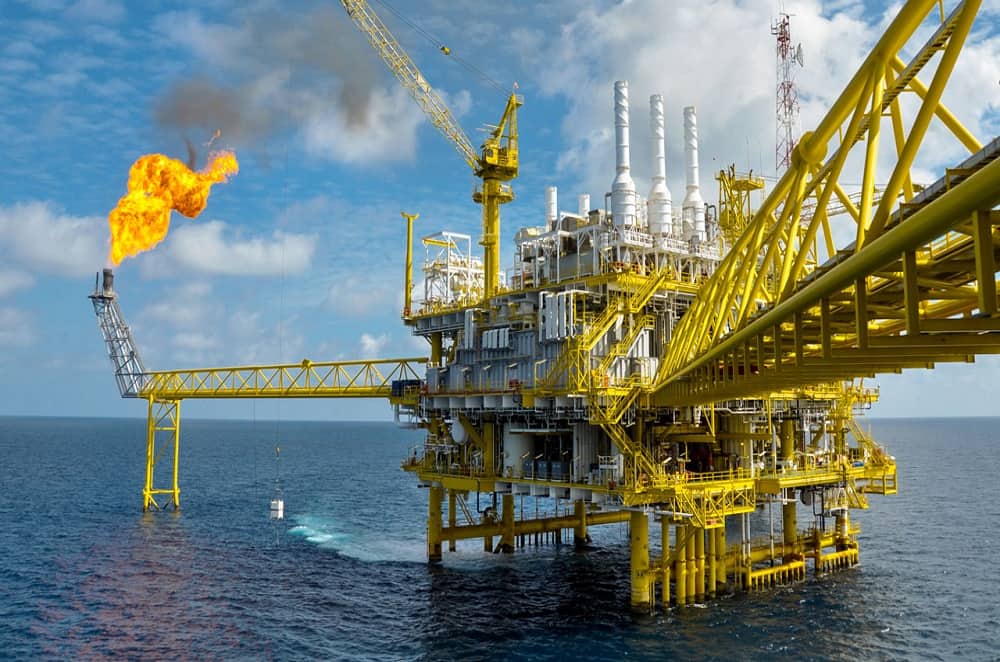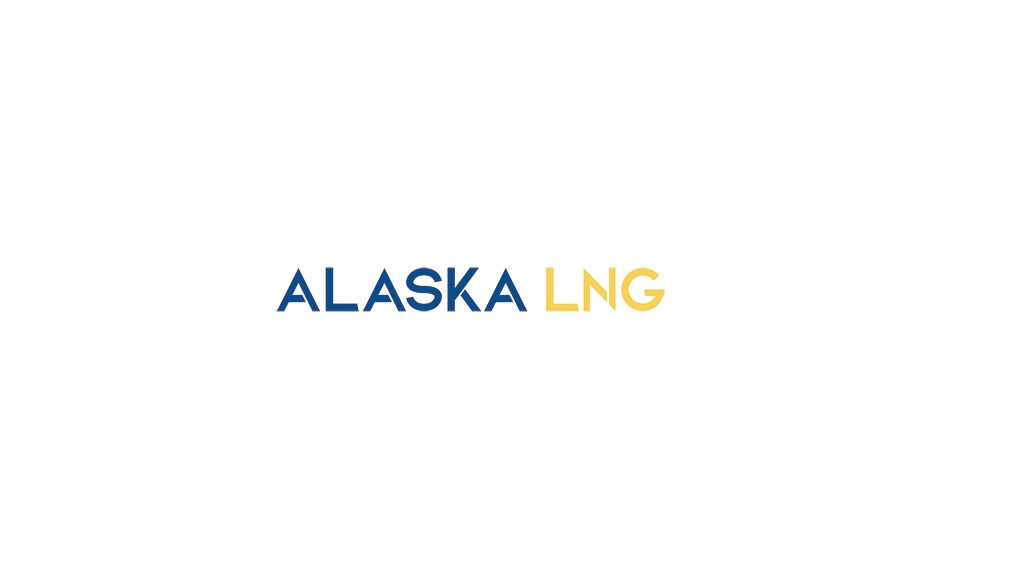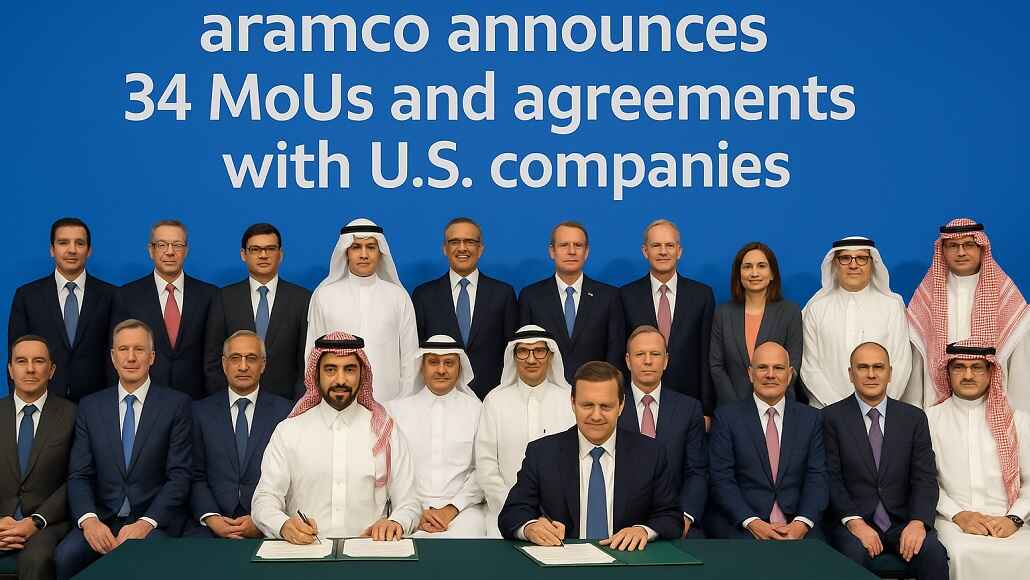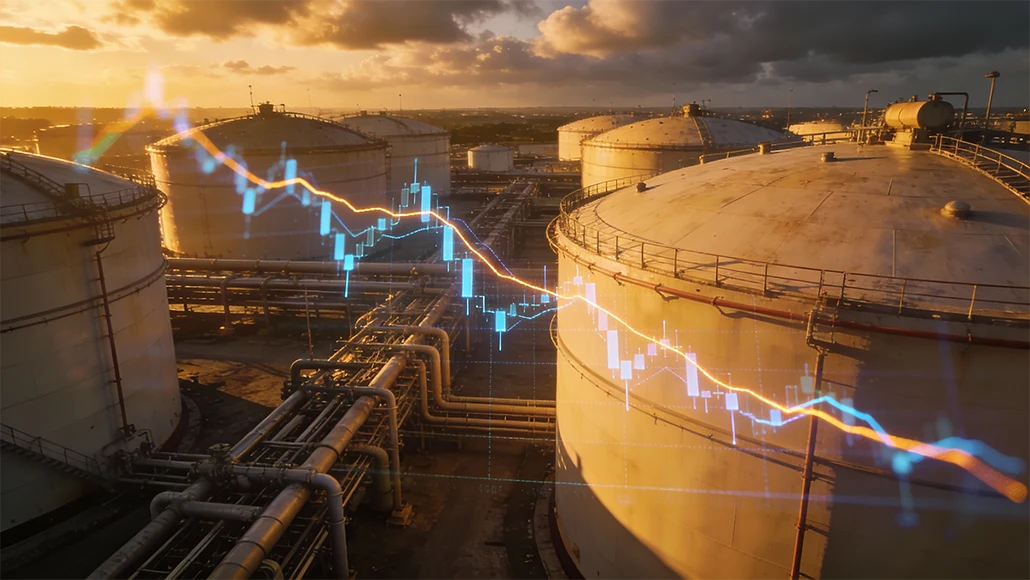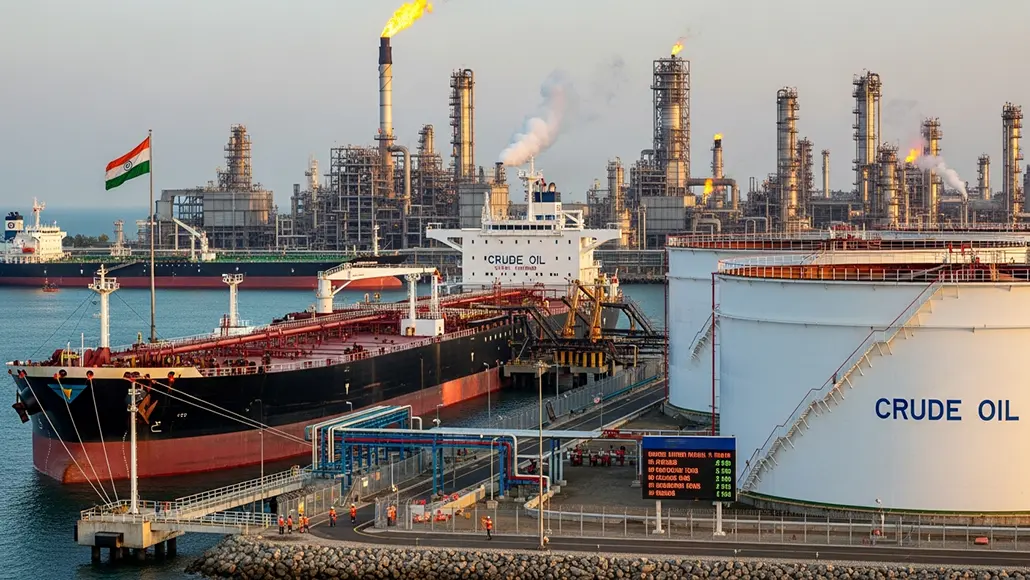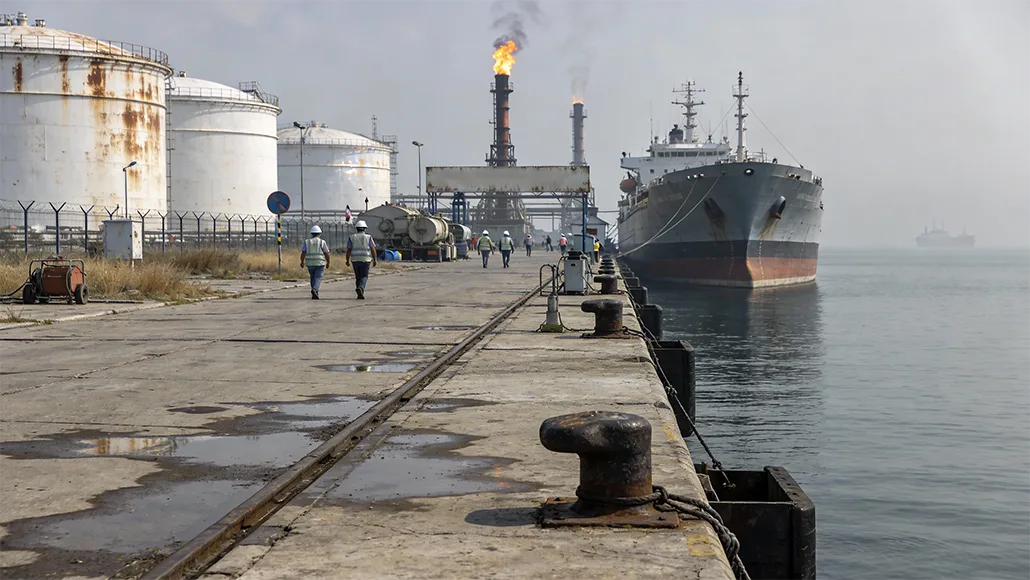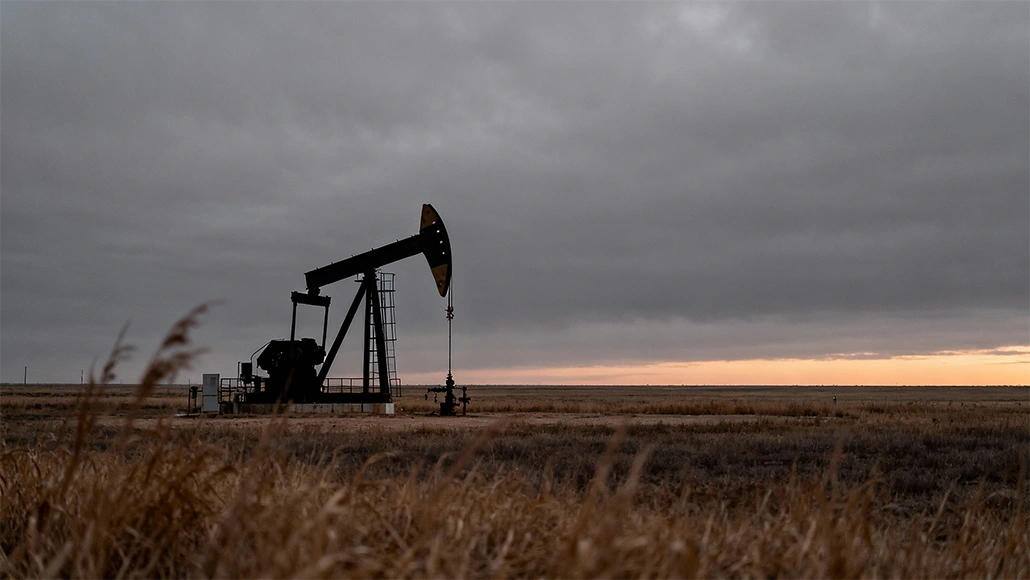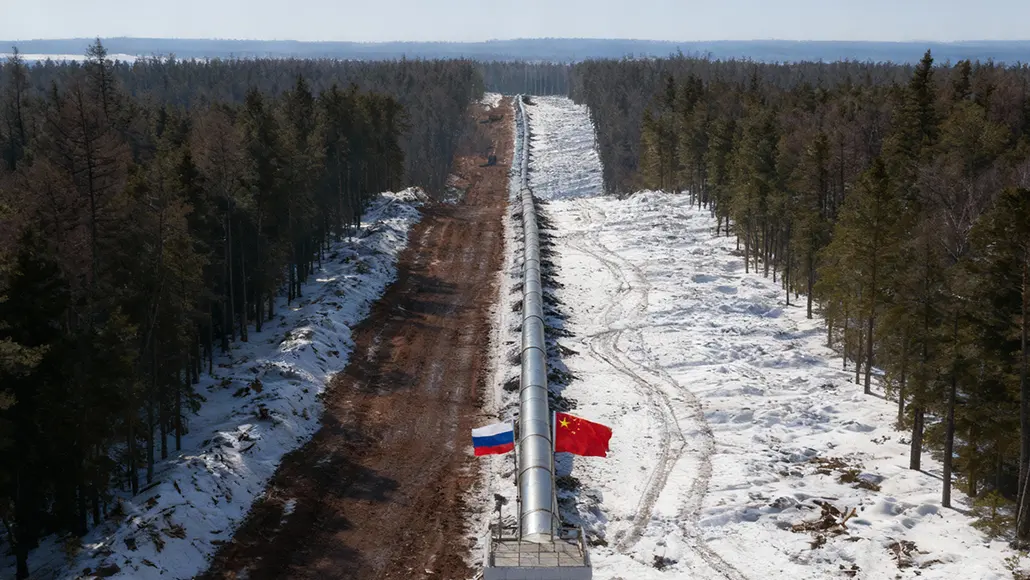Russia looks forward to selling natural gas to China at lower prices as compared to what it charges Europe and Turkey, as per an Economy Ministry draft outlook that’s tied to the 2026 budget. The document, as seen by Bloomberg, goes on to project that Chinese deliveries are going to be priced a minimum of 27% below European as well as Turkish levels for the next three years, with the gap broadening to 38% in 2025.
The numbers expose the price Moscow is going to pay for its eastward pivot. Due to the fact that Europe is largely off the table, Russia has gone ahead and funnelled volumes in the Power of Siberia line and is wanting to seal the Power of Siberia 2, which has been long-delayed and which happens to be a 50-billion-cubic-meter conduit into northern China. Apparently, these pipelines guarantee an outlet when it comes to the Siberian gas, and at the same time, they also cement quite steep discounts as compared to what Europe once paid.
Statements made by the Russian officials have gone on to echo this direction.
Alexei Miller, the Gazprom chief, has publicly agreed to the fact of natural gas to China at lower prices as compared to Europe, while Vladimir Putin, the president of Russia, went on to describe the arrangement as giving China a major competitive advantage. Interestingly, the Chinese commentary, on the other hand, has used more guarded language and has referred to the development as reasonable market prices and competitive; however, the reports in outlets like Guancha and Cnyes confirm that Russia has indeed offered China a much cheaper deal vis-à-vis its Western customers.
It is well to be noted that this strategy reflects the leverage of Beijing being a dominant buyer who’s willing to take up large volumes of Russian oil. As for Moscow, it makes sure of long-term outlets when it comes to gas even if it goes on to mean a much-reduced revenue for every unit.
Besides, the spread between Chinese and European prices may as well have quite significant implications for the finances of Gazprom and even for regional LNG dynamics since the discounted pipeline gas makes China’s hand stronger in terms of negotiating on the spot cargoes coming from other suppliers.




